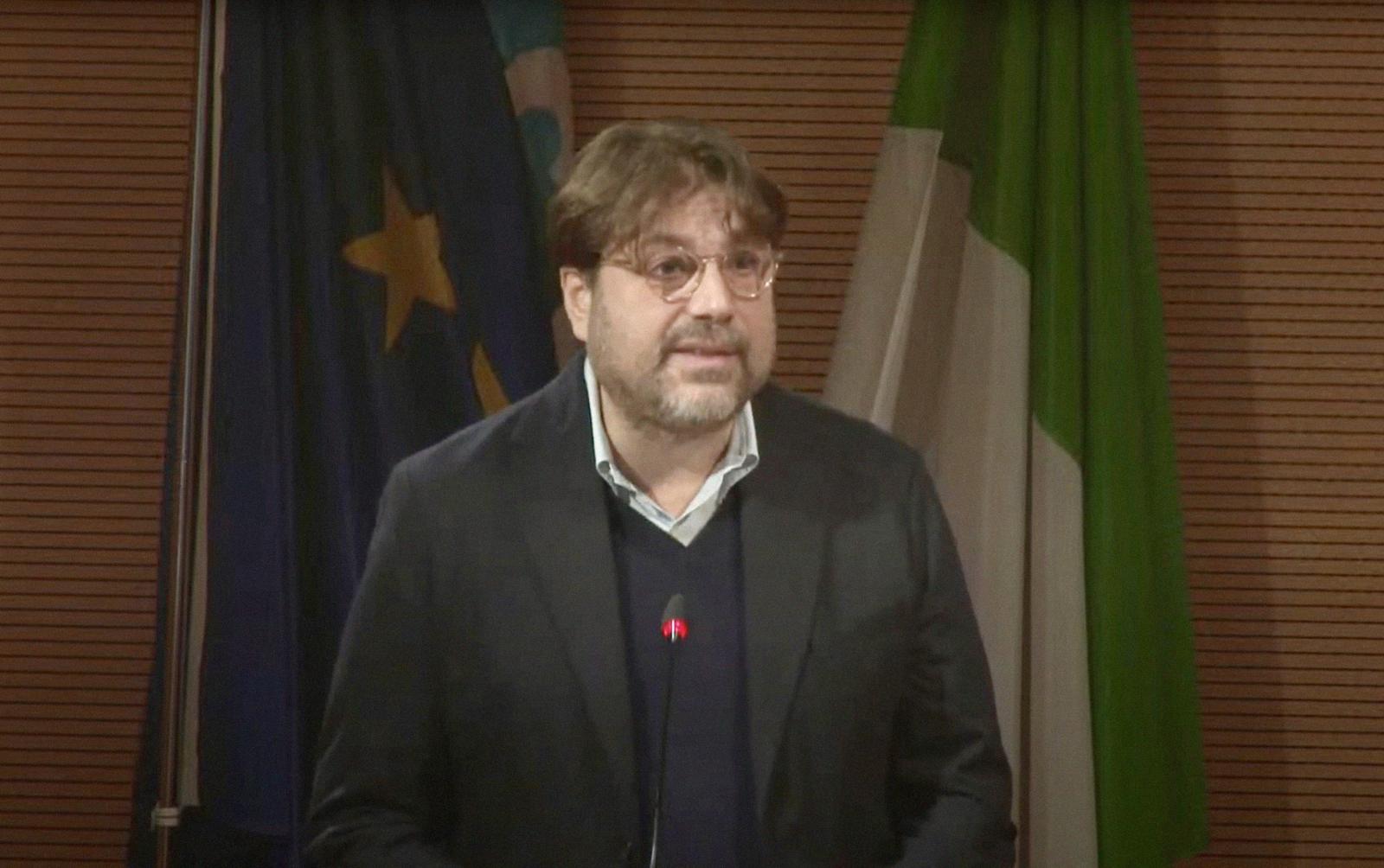Con una lettera a "Nature", il fisico Giorgio Parisi (Gruppo 2003) e altri ricercatori denunciano lo sbilanciamento fra le poche risorse che il governo italiano destina alla ricerca competitiva nazionale (l'ultimo bando PRIN è di 92 milioni di euro) e i 900 milioni di euro che l'Italia ha dato annualmente alla Commissione europea per il Settimo Programma Quadro (2007-2013), con una perdita netta annuale di 300 milioni. E' ora di cambiare priorità. Riportiamo di seguito la lettera su Nature in originale.
Governments: Balance research funds across Europe
"We call for the European Union to push governments into keeping their research funding above subsistence level. This will ensure that scientists from across Europe can compete for Horizon 2020 research funding, not just those from the United Kingdom, Germany and Scandinavia.
Europe's research money is divided between the European Commission and national governments. The commission funds large, transnational collaborative networks in mostly applied areas of research, and the governments support small-scale, bottom-up science and their own strategic research programmes.
Some member states are not keeping their part of the bargain. Italy, for example, seriously neglects its research base. The Italian National Research Council has not overseen basic research for decades, being itself starved of resources. University funding has dwindled to a bare minimum. The ministerial initiative known as PRIN (Research Projects of National Interest) has been defunct since 2012, apart from a few limited programmes for young researchers.
This year's PRIN allocation of a 92-million (US$100-million) funding call to cover all research areas is too little, too late. Compare this with the annual French National Research Agency’s allocation of up to 1 billion, or with Italy's 900-million annual contribution to the EU Seventh Framework Programme that ran in 2007–13. That resulted in a net annual loss of 300 million for Italian science.
To prevent distorted development in research among EU countries, national policies must be coherent and guarantee a balanced use of resources".
Fonte: Nature 530, 33 (04 February 2016) doi:10.1038/530033d


